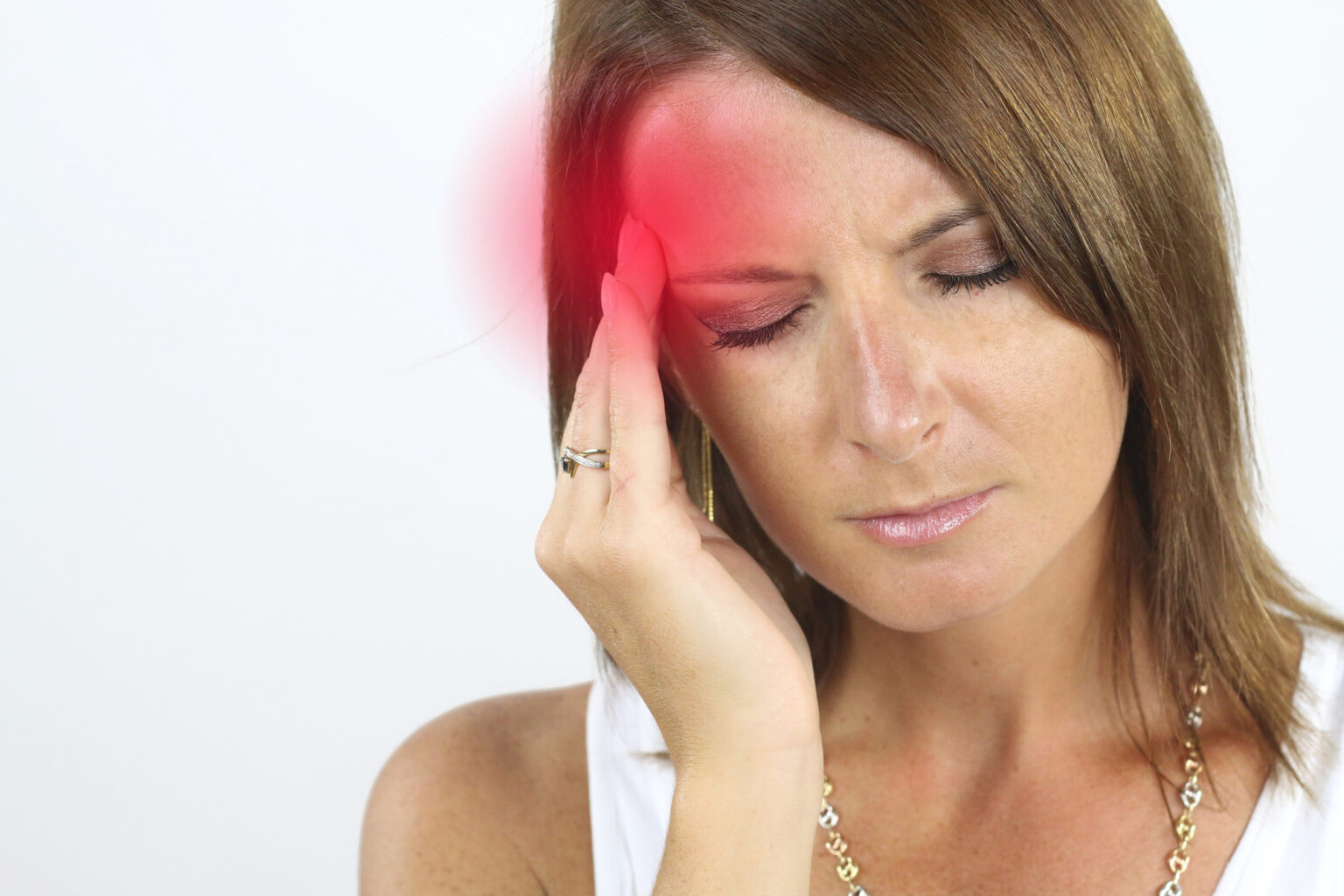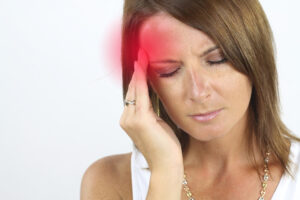
 Statistically, one in five women, one in sixteen men, and one in eleven children experience reoccurring migraines. Migraines can be caused by several factors, such as hormonal changes, sensory stimuli, stress, foods and drinks, sleep changes, and even dental issues.
Statistically, one in five women, one in sixteen men, and one in eleven children experience reoccurring migraines. Migraines can be caused by several factors, such as hormonal changes, sensory stimuli, stress, foods and drinks, sleep changes, and even dental issues.
Dental problems that are often associated with migraines include:
Malocclusion
Also known as bad bite, or dental misalignment, malocclusion causes the jaw muscles to exert extra force to keep the teeth together, swallow, and keep the mouth closed. The constant work can cause muscle inflammation that leads to migraines.
If your dentist determines that malocclusion is the cause of your migraines, he will likely recommend orthodontic treatment such as traditional metal braces or Invisalign®.
Temporomandibular Joint Disorder (TMD)
Often a result of malocclusion and related to bruxism, TMD occurs when the jawbone joints are misaligned. When these joints don’t function properly, pain and discomfort are common.
Other symptoms of TMD include:
- Neck, face, jaw, shoulders, and lower back pain
- Limited jaw motion
- Difficulty chewing
- Clicking and locking of the jaw joints
- Chronic ringing in the ears
- Earaches
Treatments for temporomandibular joint disorder can dramatically improve jaw function and relieve migraine pain. Your dentist may suggest one or more of these treatments:
- An oral appliance to eliminate teeth grinding and support jaw alignment
- Trigger point injections that target the muscles and alleviate pain
- Physical therapy by a trained therapist
- Medication such as muscle relaxants or antidepressants
- BOTOX® injections that can weaken overactive muscles and eliminate spasms
There are also several self-care treatments that dentists recommend.
At the office of Dr. Timothy E. Mickiewicz, we believe that the body has the ability to heal itself over time. Our conservative, proactive treatment philosophy encourages the jaw to work properly so patients can live pain-free lives.
Bruxism
Teeth grinding and clenching are also causes of muscle inflammation. This is one of the most indistinguishable causes of migraines because bruxism often occurs while a person is sleeping or only during stressful situations so the person doesn’t realize he or she is doing it.
Other indications of bruxism include sore jaws, clicking while chewing, morning headaches or migraines, and tooth pain.
Common treatments for bruxism include:
- Wearing a mouth guard at night
- Wearing a bite splint
- Reducing stress
- Jaw relaxing exercises
Tooth Decay and Gum Disease
Referred pain from tooth decay and gum disease can also lead to migraines. Instead of believing they are suffering from an infection, patients believe headaches are the main problem. Throbbing toothaches can also be accompanied by migraines.
Simply treating these issues should relieve the pain associated with it. Treatments such as fillings and a deep dental cleaning can rid your mouth of the harmful bacteria that has led to migraines.
Find Migraine Relief Today
If you and your doctor are unable to determine the cause of your migraines, it’s probably time to visit with a dentist who specializes in these types of oral health problems.
During an initial consultation, talk to the dentist about your migraines and any other symptoms. The dentist will examine your mouth for cavities and gum disease. He will also look for signs of dental damage caused by bruxism. Finally, the dentist will perform an X-ray to examine the jawbone joints.
Based on his discovery, the dentist will determine the issue and offer solutions to your problem.
Be sure to contact a dentist like Dr. Mick who is passionate about and trained in helping patients find relief from pain. To schedule an initial consultation with Dr. Mick, call our Sacramento dental practice today at (916) 469-9178 today.


